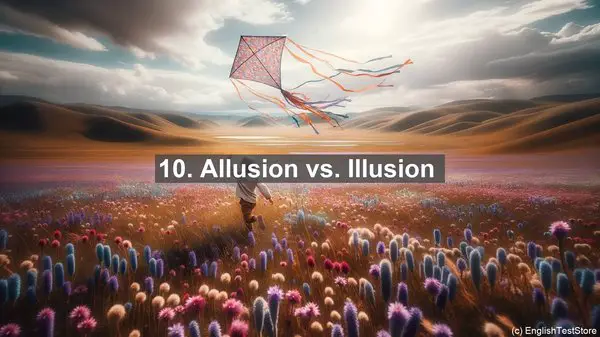Introduction
Today, we’re going to delve into the world of cognitive therapy. But before we begin, it’s essential to clarify some commonly confused words that often arise in this field. Understanding these terms will not only enhance your comprehension but also prevent any potential misunderstandings. So, let’s get started!
1. Affect vs. Effect
One of the most frequent confusions is between ‘affect’ and ‘effect.’ ‘Affect’ is a verb, meaning to influence or change, while ‘effect’ is usually a noun, denoting the result or consequence of something. For example, ‘The therapy session affected her mood positively,’ and ‘The therapy had a positive effect on her mood.’
2. Compliment vs. Complement
Another pair that often causes confusion is ‘compliment’ and ‘complement.’ ‘Compliment’ with an ‘i’ refers to praise or an expression of admiration, while ‘complement’ with an ‘e’ means to complete or enhance. For instance, ‘The therapist complimented her progress,’ and ‘The therapy complements her medication.’
3. Elicit vs. Illicit
Next, we have ‘elicit’ and ‘illicit.’ ‘Elicit’ means to evoke or draw out, while ‘illicit’ refers to something illegal or forbidden. For example, ‘The therapist tried to elicit her feelings,’ and ‘Illicit substances are strictly prohibited in therapy.’
4. Principle vs. Principal
Moving on, ‘principle’ and ‘principal’ are often interchanged. ‘Principle’ refers to a fundamental truth or a guiding rule, while ‘principal’ can mean the head of a school or the main or most important. For instance, ‘The therapy is based on the principles of cognitive restructuring,’ and ‘The principal therapist has years of experience.’

5. Precede vs. Proceed
The words ‘precede’ and ‘proceed’ sound similar but have different meanings. ‘Precede’ means to come before, while ‘proceed’ means to continue or move forward. For example, ‘The initial assessment precedes the therapy sessions,’ and ‘We will now proceed with the next step.’

6. Emigrate vs. Immigrate
Next, we have ’emigrate’ and ‘immigrate.’ ‘Emigrate’ means to leave one’s country and settle in another, while ‘immigrate’ means to enter and live in a new country. For instance, ‘Many therapists emigrate to countries with better opportunities,’ and ‘She plans to immigrate to Canada.’
7. Stationary vs. Stationery
The words ‘stationary’ and ‘stationery’ are often confused due to their similar spelling. ‘Stationary’ with an ‘a’ means not moving or fixed, while ‘stationery’ with an ‘e’ refers to writing materials. For example, ‘The patient’s condition is currently stationary,’ and ‘She bought some new stationery for her therapy notes.’
8. Capital vs. Capitol
Another pair that causes confusion is ‘capital’ and ‘capitol.’ ‘Capital’ can refer to a city that serves as the seat of government or the financial resources of a company, while ‘capitol’ refers to a building where a legislative body meets. For instance, ‘Washington, D.C., is the capital of the United States,’ and ‘The protestors gathered outside the capitol building.’
9. Accept vs. Except
The words ‘accept’ and ‘except’ have different meanings. ‘Accept’ means to receive or agree to, while ‘except’ means to exclude or leave out. For example, ‘The therapist accepted her as a new patient,’ and ‘Everyone attended the session except for one person.’
10. Allusion vs. Illusion
Lastly, we have ‘allusion’ and ‘illusion.’ ‘Allusion’ refers to an indirect reference, while ‘illusion’ means a false perception or belief. For instance, ‘The therapist made an allusion to a famous study,’ and ‘The patient’s perception of reality was distorted, creating illusions.’
